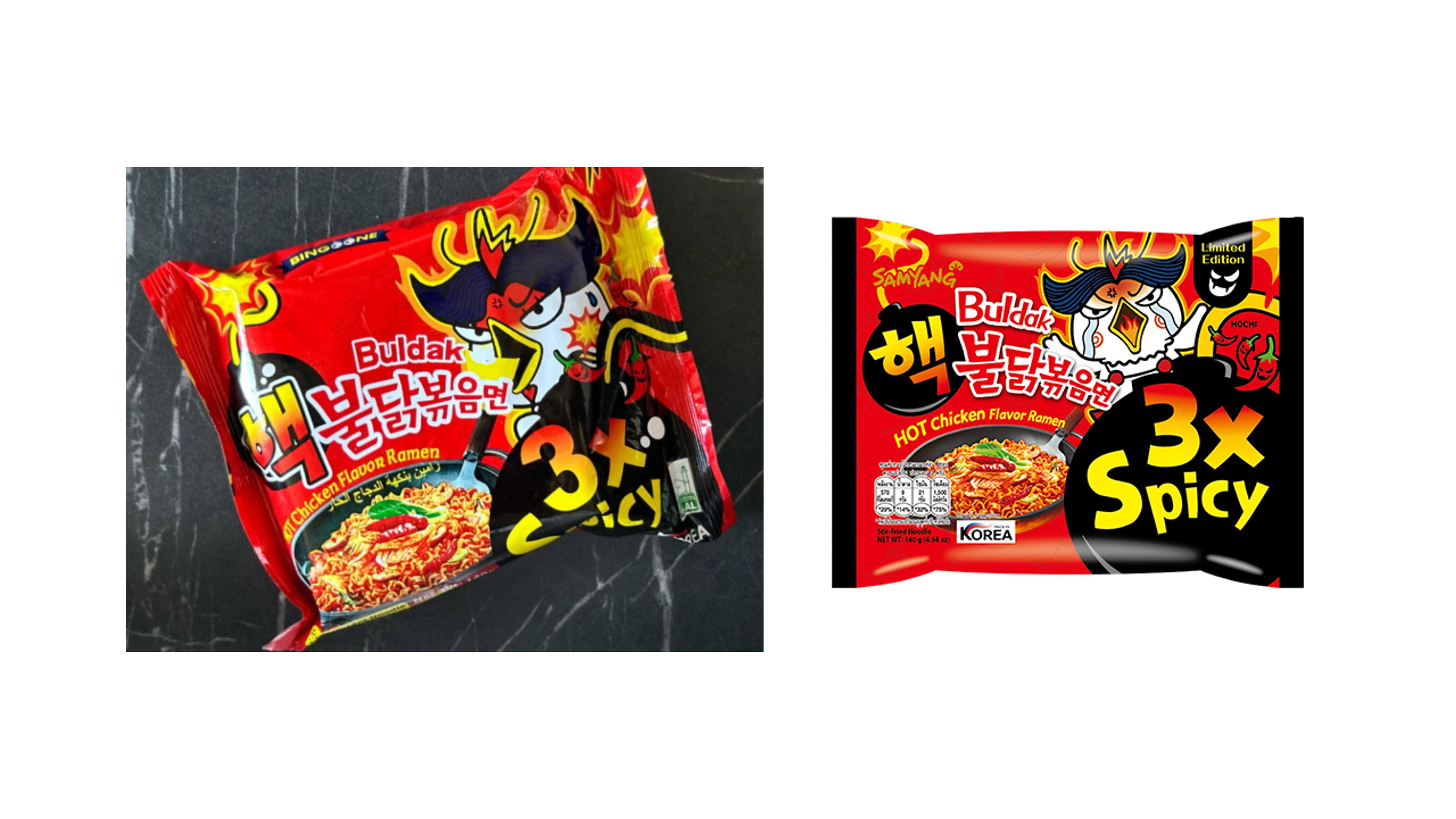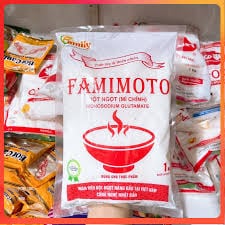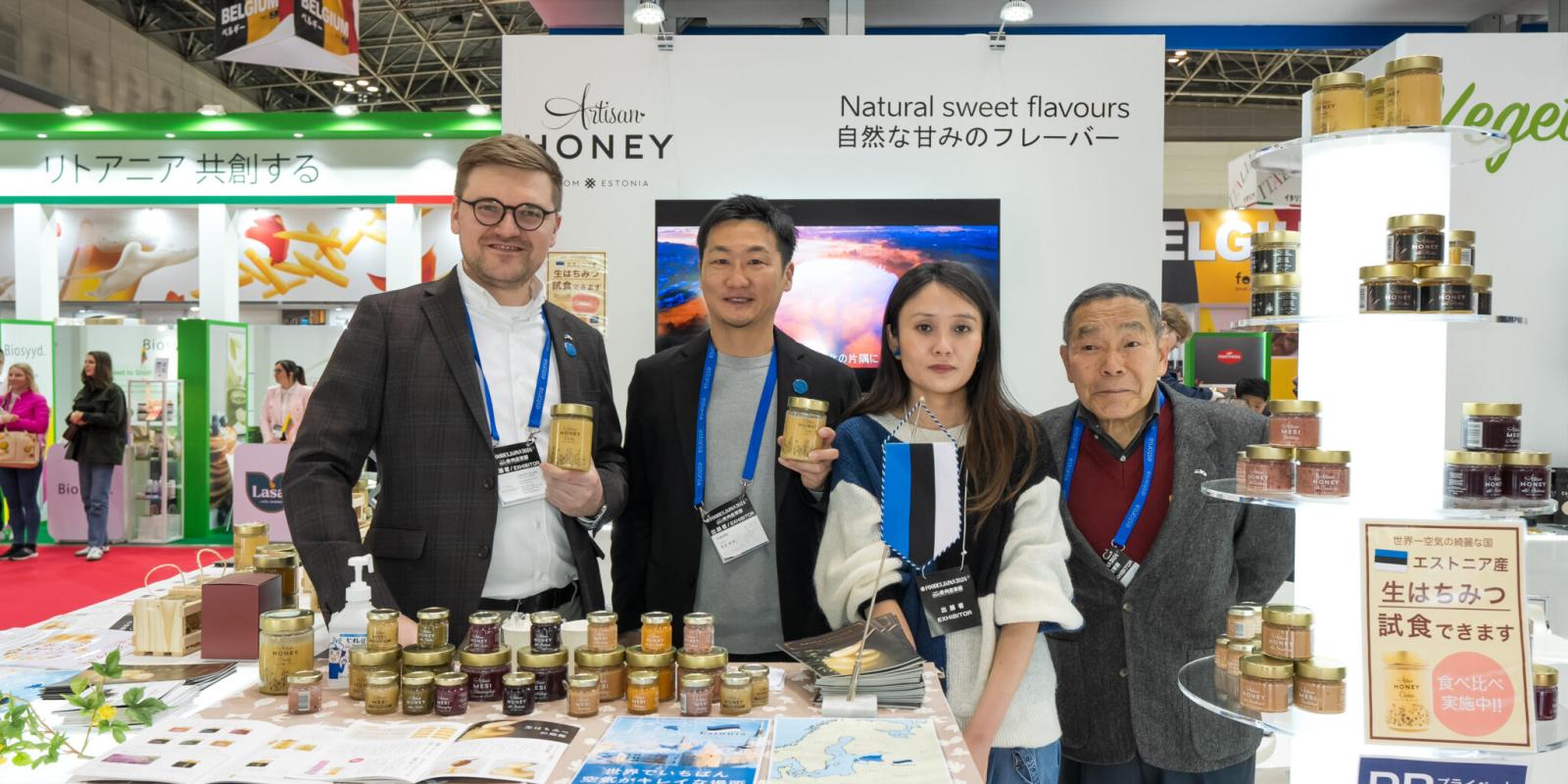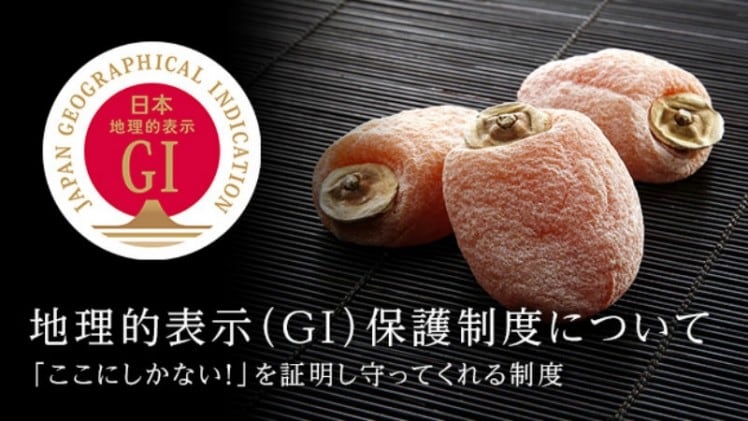The meteoric rise in popularity of Korean culture all around the world, commonly called the Hallyu wave, has seen K-foods, K-dramas, K-pop, K-beauty and various other aspects of South Korea become increasingly commonplace across many markets.
But with the rise of this popularity has come a wave of those looking to profit off of it, leading to an increase of counterfeit products on the international market – and K-food has been one of the most heavily impacted by this phenomenon.
Over the past few months, Korean newspapers have been full of reports about fake K-foods being sold in markets like China and Thailand.
Big names that have been hit include the iconic Samyang Foods Buldak ramen and Hite Jinro soju, which have seen fake versions with very realistic-looking packaging on the market.
The counterfeit products are generally sold at lower prices and are of much lower quality, and unsuspecting consumers that believe these are the genuine articles would attribute these back to the original Korean companies.
“The number of counterfeit K-Food products is increasing sharply and we are very concerned that it will create challenges for Korean export companies and tarnish the brand value of K-Food,” Korean Intellectual Property Office (KIPO) Intellectual Property Protection & International Cooperation Bureau Director General Shin Sang-kon said in a formal statement.
“We are therefore stepping up the measures to prevent the damage to Korean companies caused by counterfeit K-Food products and helping them to deal with such challenges. To this end, we will work together with related ministries and government agencies.”
One of the ministries involved is the Ministry of Agriculture, Food and Rural Affairs (MAFRA), which leads K-Food expansion globally.
“We need to work hard to monitor overseas markets for counterfeit Korean food products, to ensure that Korean companies will not have difficulties in entering export markets,” MAFRA Food Industry Policy Bureau Director General Joo Won-chul added.
“The exports of K-Food for this year have increased by 7% from the previous year and the growth is on a solid trend [so] we need to protect the rights of Korean export companies and prevent the infringement upon the brand value of K-Food, to ensure that this is not negatively impacted.”
Specific actions being discussed by the agencies include: Education and counselling for export companies, response actions to tackle counterfeits in the second half of 2025, and support measures for Korean companies that have fallen victim to counterfeits.
Counterfeit cases
There are a wide variety of K-food products that have been counterfeited in recent years, from noodles to seasonings to seaweed and even frozen dumplings.
One major issue facing both the industry and consumers is the packaging: While the packaging of lower quality fakes are usually distinguishable in some way, creators of the counterfeits are increasingly employing methods to produce packaging near-identical to the original, that could fool even the savviest consumer.

Joo had previously also said that some of the perpetrators had established entire factories to not only produce the fake products, but also specifically make the packaging of these products identical to the authentic ones.
There have also been many cases of attempts to illegally claim K-food brand trademarks – for example, CJ Cheiljedang’s Bibigo brand faced this issue in Paraguay recently when an unknown third party tried to claim the trademark on Bibigo.
The widespread presence of online shopping platforms throughout Asia is also contributing to the issue, with over 800 cases of counterfeits having been detected via these platforms in just the first six months of 2025.





